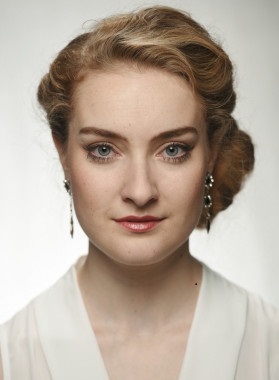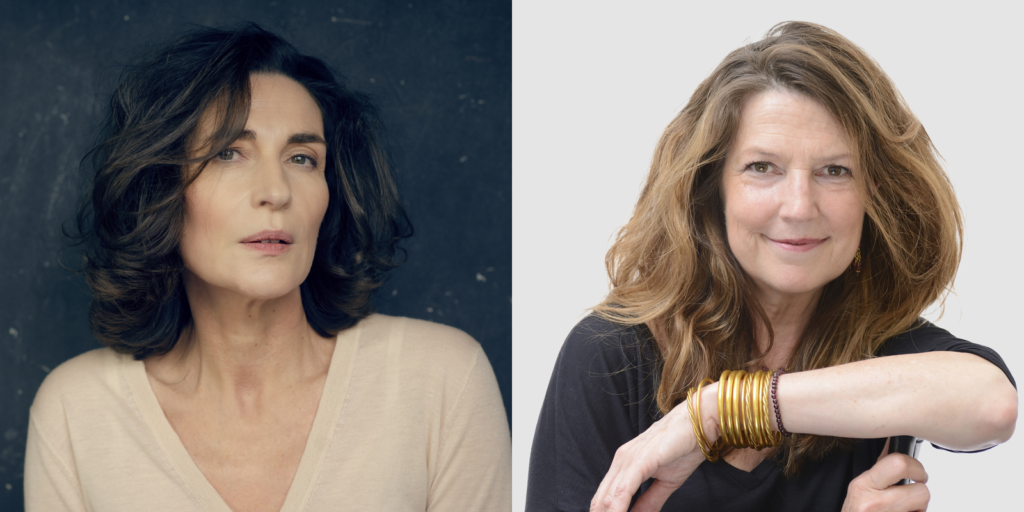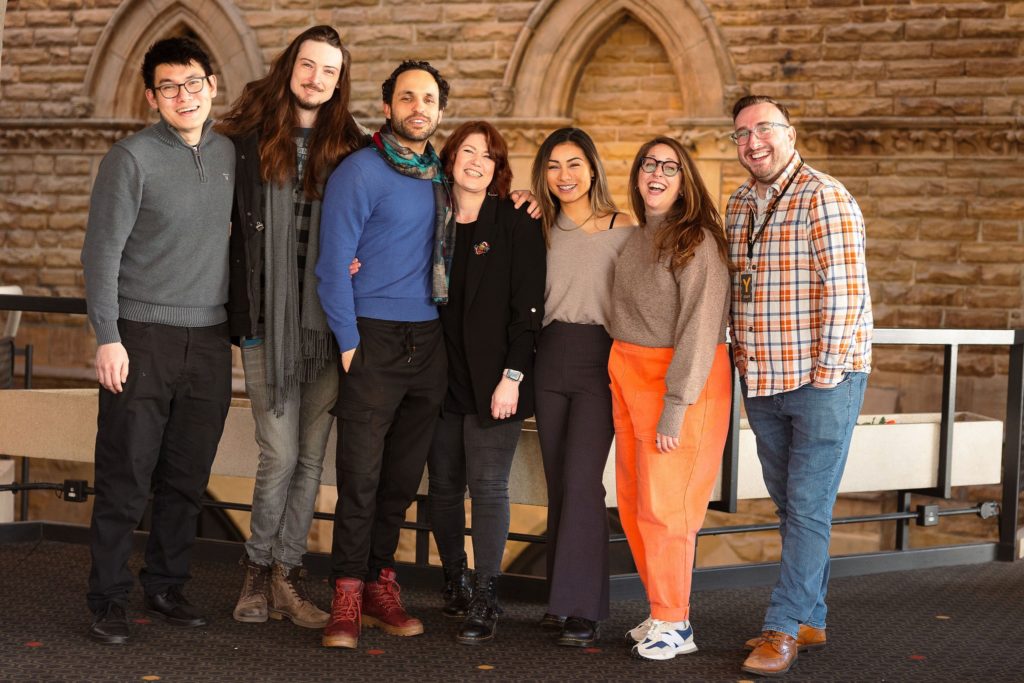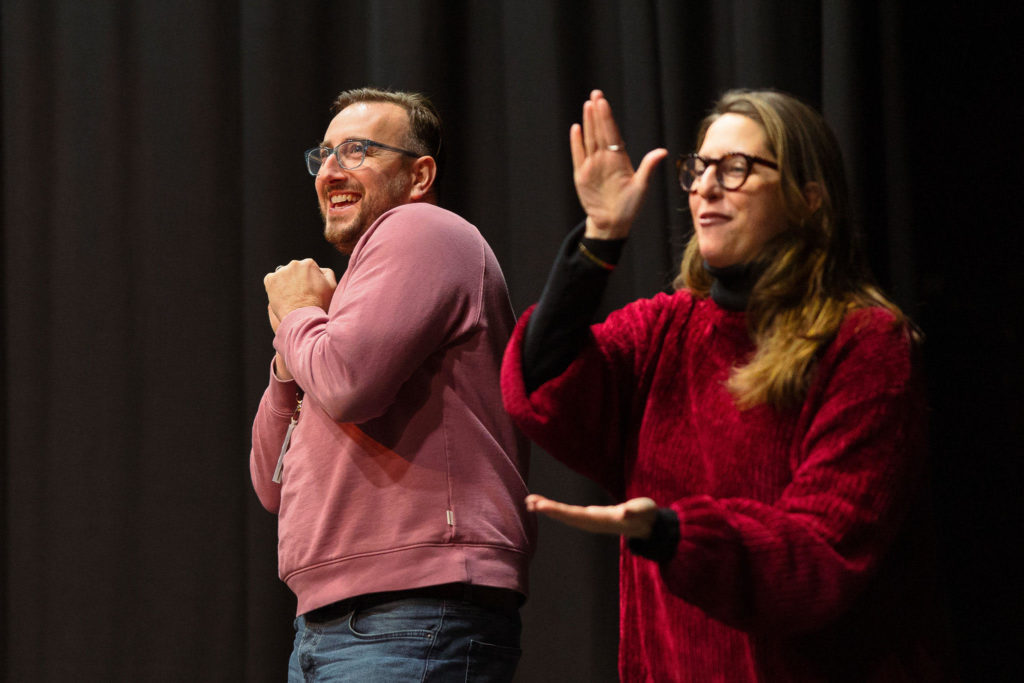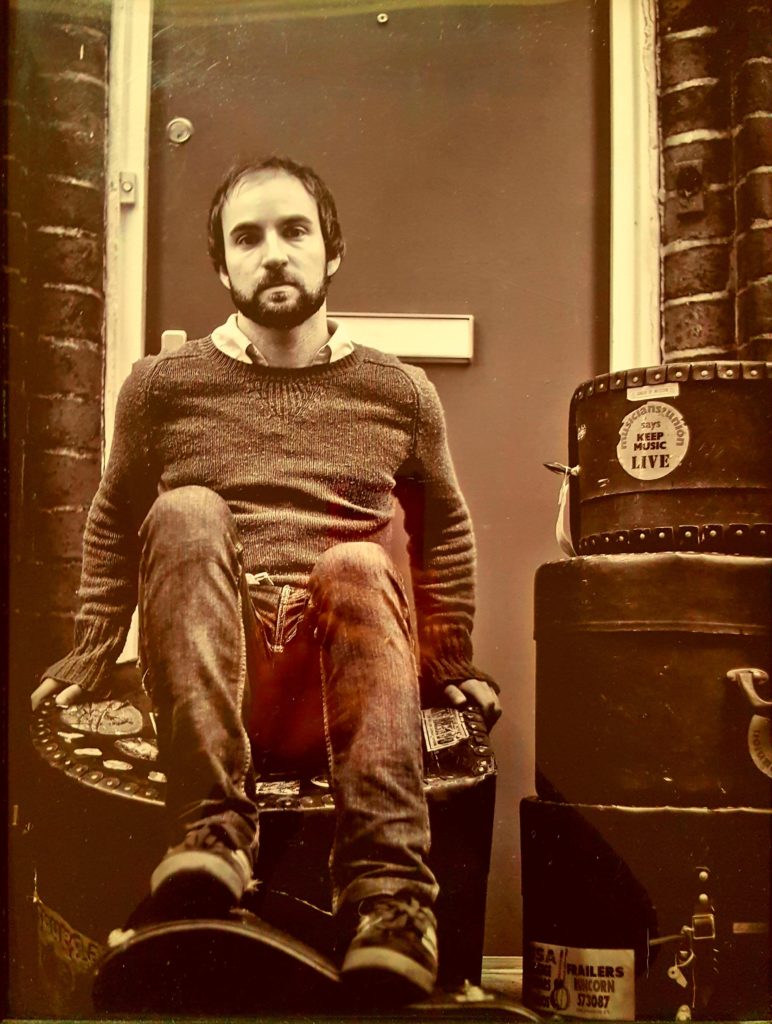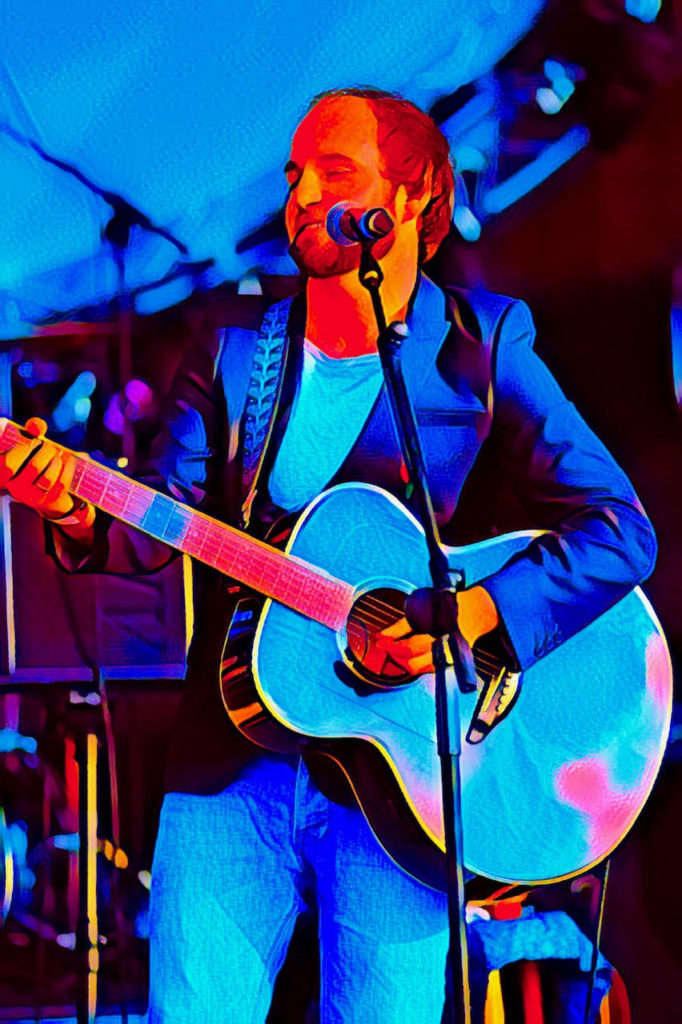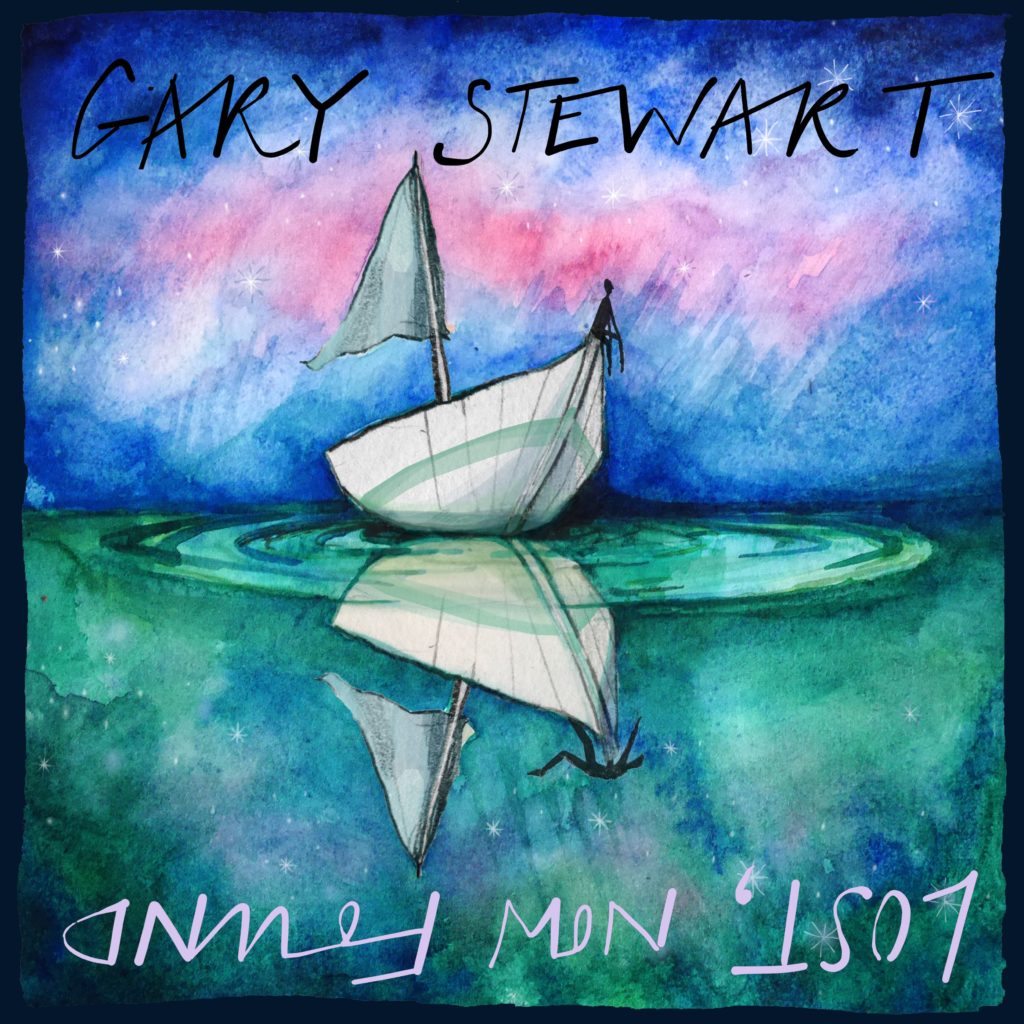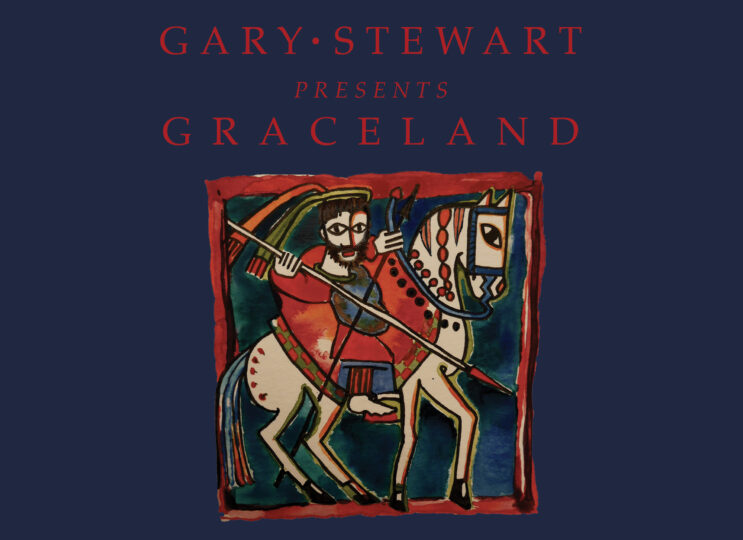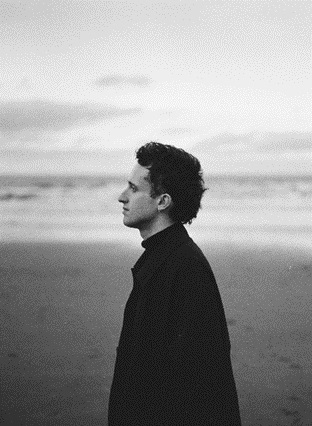
Declan Vink: the creative musical and filmmaking force behind Flat Number Two
YORK alternative pop artist Flat Number Two launches his Cherish EP at The Basement, underneath City Screen Picturehouse, Coney Street, York, tomorrow.
“What better place for my first ever headline show,” says cinephile Declan Vink, the film school drop-out who is inspired as much by film as music in his creative project as a singer, songwriter, producer and filmmaker to boot.
“I became fascinated with the visual power of music and the ability to create imagery through words and sounds,” says Declan, who works as a producer for the BBC Radio York breakfast show by day.
“Adopting the philosophy of artists such as Frank Ocean to inject meaning into every sonic element of a track, Flat Number Two utilises a mixture of analogue synths, self-recorded soundscapes and drum samples to communicate my vision.”
His rare upbringing of Dutch, Irish and British heritage led to an unconventional approach to his immersive sonic and visual art. “More concerned with painting a picture than adhering to genre, Flat Number Two is far from predictable,” says Declan.
This is typified by his experimental approach to making music videos. His first, for the song Wet, was shot on VHS across The Balkans, while Bleach, his March 28 single, was filmed using an iPhone in New York.
In between, in February, Declan released a deeply personal and beautiful music video for Empty, another single to be taken from his Cherish vinyl EP, filmed on Super8 film in the desolate landscapes of Jyväskylä, Finland.
“It captures the overwhelming feelings of guilt and longing I felt when I moved to another city, leaving behind the empty nest my mother experienced after me and my sisters left home,” he says. “I dealt with it the only way I know how… by song-writing,” he says.
In the wake of his debut EP, I Don’t Want To Dream Anymore, urgings listeners to “recognise their power as a human being and their ability to change the world around them for the better”, his new EP “explores the complexities of change, impermanence and imperfection while holding on tightly to the things we treasure most”.
“I really wanted to start a new project when I moved to York from Keighley when I was 22/23, after performing under my own name,” says Declan. “I couldn’t think of a name but I was living at Flat Number Two at the time and the rest is history!
“I guess in a sense I was making a new name for myself, and it was a time of change. That flat was in Tang Hall, but now I’ve moved to Lawrence Street and it’s not Number Two and it’s not even a flat but I’ve kept the name.”
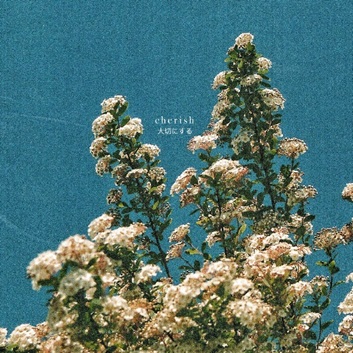
The artwork for Flat Number Two’s Cherish EP, newly available on vinyl
For tomorrow’s show, Declan will be joined by Kanani Vierra and Mickey Dale. “It’ll be the first time I’ve played with a full band – I previously did a small-scale acoustic gig at Guppy’s. Just me. A lot has changed since then.
“Kanani is a drummer who’s played with Jack Johnson; we met through a mutual friend. Mickey is from Bradford; he’s the keyboard player with Embrace and he’ll play bass, synth and keys, with me on guitar and vocals.
“He’s amazing at working with up-and-coming talent, and again I met him through a friend, when I was studying at Leeds Conservatoire .
“He has his own studio, the Cellar of Dreams, and we’ve been rehearsing for the gig which will have a visual side to it too, with a projector set up for the show.”
Declan is delighted to be playing tomorrow’s gig in a cinema building. “I approached City Screen because I liked the idea of my first headline show being below a cinema, and there’s a lot of visuals to my music,” he says.
“I love a lot of film soundtracks, like Lost In Translation and other Sofia Coppola films. I like the way artists convey a mood through their work and that’s something I like to do. Some of the projection will be the stuff I’ve filmed, like the film I shot in Finland and the VHS footage shot on holiday in North Macedonia and Albania, which has a nostalgic feel to it.”
Should you be wondering why Declan dropped out of the Northern Film School , he says: “It’s not that I’m not an academic person because I did go on to further education studies,” he says. “I failed my Maths A-level but I went on to gain a First Class degree in music production.
“But I struggle with learning the rules; I struggle to learn the language of the medium I’m trying to use, but the creative side is where I really thrive. I dropped out right at the end of the first year. For the final project, you had to direct a film to be screened in front of the whole year’s intake, and I got absolutely rinsed for my film.
“I was out of my comfort zone, and I thought, ‘this is not part of the creativity I want to be part of. This is meant to to be fun’ – but it wasn’t.”
Flat Number Two, by contrast, allows Declan to be fully expressive, combining his musical and film-making skills. Take a look inside his flat tonight.
Flat Number Two, supported by special guests and rising stars Em Louise and Bennett Elliott, The Basement, City Screen Picturehouse, York, tomorrow (18/4/2025), 7pm to 11pm. Box office: eventbrite.com/e/flat-number-two-the-basement-at-cityscreen-picture-house-tickets-1146731557959.

